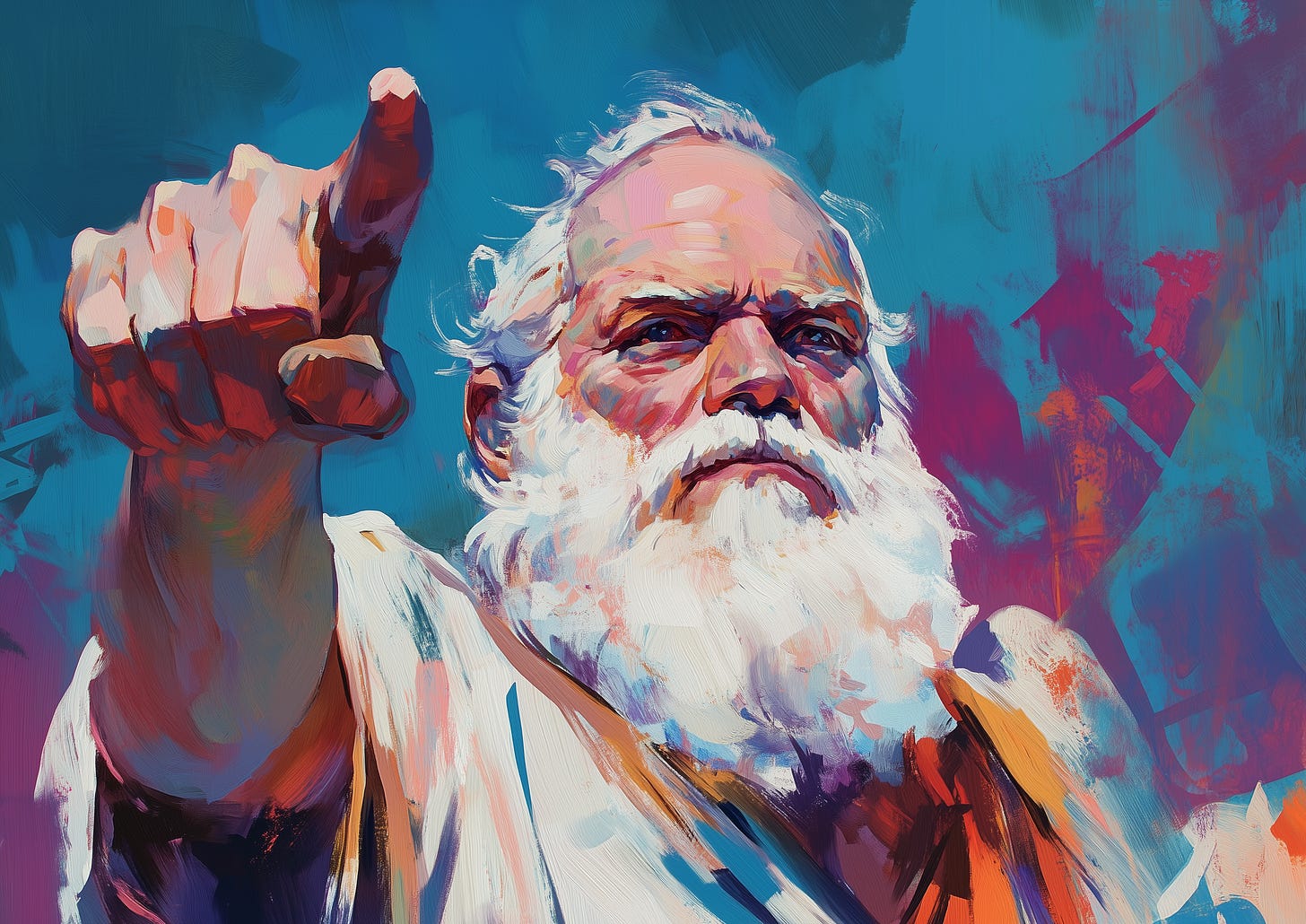Hollow allegiances
I often hear people in online debate communities say things like:
"I'm a rule utilitarian"
"I'm a deontologist"
...in other words, they endorse specific normative moral theories. I'm happy to grant that this probably does play a role in how some people think about moral issues. However, I suspect if you examined people with reportedly disparate normative moral theories that they subscribe to, you'd find very little difference in their actions, attitudes, or thought processes was caused by a commitment to one or another normative moral theory. Instead, I suspect these are generally largely:
(a) post hoc
(b) inaccurate
(c) play little or no role in how they actually think about anything
A lot of it strikes me as aspirational, or almost like a kind of intellectual LARPing. I just don't think commitments to philosophical theories typically have much of a practical influence on how people think or do anything...at least in a great many cases, even if very likely not all of them.
What I'm hoping is that people won't go pointing to examples of someone saying they're a utilitarian then doing some utilitarian-ish thing. I'm not saying normative moral theories don't influence behavior. I'm saying I think a lot of the time they don't.
I think this is even more true of more abstract and less applied philosophical positions. People will say they're an idealist or a scientific antirealist or a whatever, but their thoughts and actions are almost entirely indistinguishable from other people and such commitments seem to have little to do with what they do and how they think. A lot of these purported commitments seem shallow...little more than words on a page, a bit like a nominally religious person saying they believe in some obscure religious doctrine that has nothing to do with what they say or do.
In short: I think a lot of professed philosophical positions are mostly or even entirely practically inert. They don't *do* anything for their proponents.
That's not entirely true, though: I think professing a commitment to them serves *social* functions in philosophical and adjacent communities. I suspect one's allegiances are much closer, quite literally, to calling oneself Slytherin or Gryffindor. It's like picking a team or being a fan, and serves mostly social functions.
I don't know if any philosophers or other researchers have studied the "sociology of philosophy" and put forward hypotheses like this, but I do suspect something like this is going on. These suspicions are part of my broader skepticism about the value of contemporary analytic philosophy. I suspect, if I'm right about this, that such hollow allegiances are a symptom of the vacuousness and lack of practical value characteristic of so much academic philosophy.
Maybe this points to a more general tendency within human populations: In the absence of substantive practical differences between picking one "side" or "team" over another, hollow allegiances manifest and entrench themselves like sports teams, serving to distinguish people, facilitate competition, foster affiliation and a sense of belonging, and more generally achieve various standard social desires people have: to be parts of communities, to be accepted, to be high status, and so on. In other words, I suspect labels, terms, and categories used to distinguish oneself as a member of one group or another within a broader community may spontaneously emerge and sustain themselves over time regardless of their practical functions so long as they serve people's basic social needs.



https://www.nber.org/system/files/working_papers/w32073/w32073.pdf
Here is a good working paper that is related to your point about different action.
Pretty speculative: Id say that one can make the claim (I am quite sympathetic to this) that arguments about normative theories are less important for individuals and more important for states and policy (when they eventually affect how economists and policymakers think). Disagreement among people just motivates people to come up with disagreements and is largely irrelevant to individual behavior.
I would say that this seems not to apply to Effective Altruists, which I think is an excellent thing!
I suspect you may be largely correct.